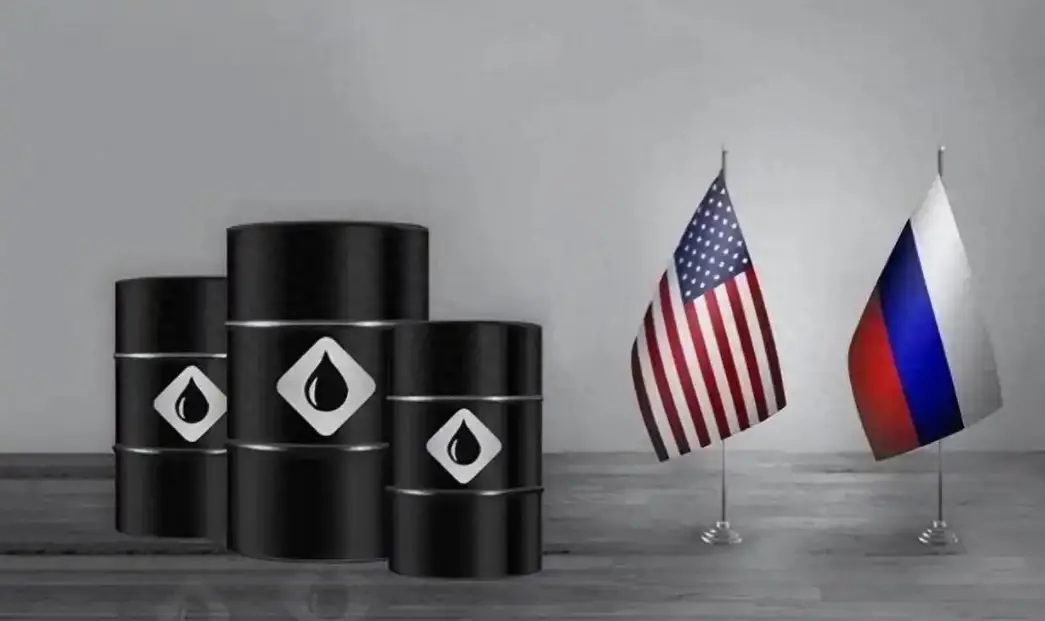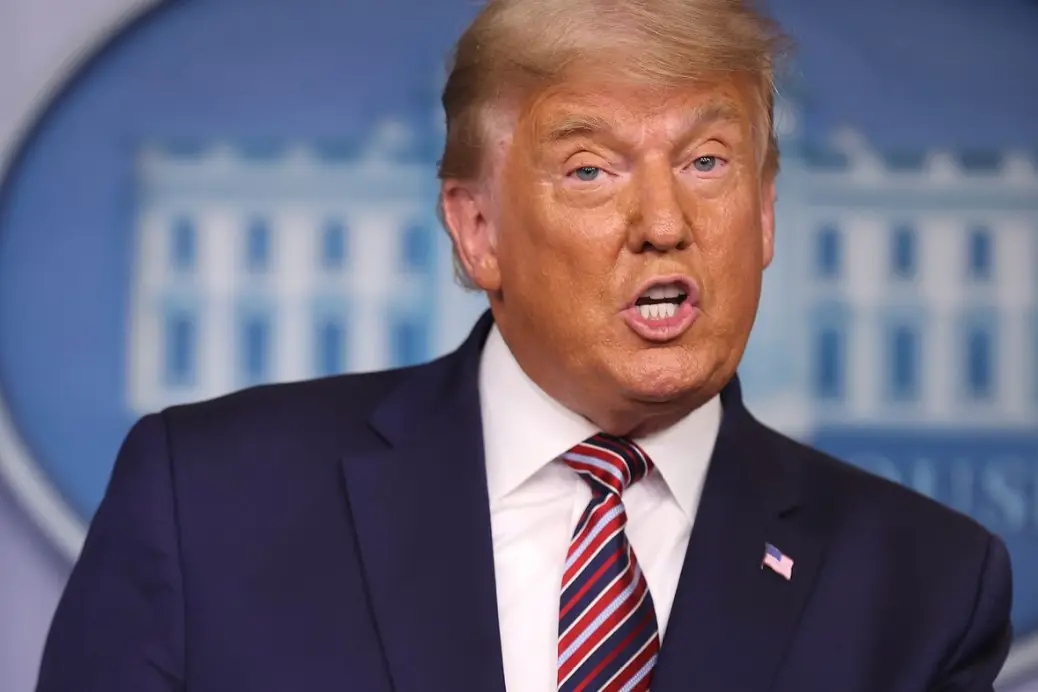A single announcement sent shockwaves through the global financial world.
Russia suddenly demanded that Indian state-owned refineries must use RMB to settle future oil purchases. Even more surprising, the usually shrewd Indians readily agreed. This seemingly ordinary business negotiation is actually a major step in changing the global financial landscape.
When the Trump administration wielded the sanctions stick last month, imposing a 50% punitive tariff on India, no one expected India's counterattack to be so swift and precise.
The US's justification is that India is "funding Russia's war," but anyone with a discerning eye can see that what truly angered the US was India's "guaranteed win" business: importing crude oil from Russia at a price at least $10 per barrel below the international market, refining it, and then reselling it to Europe at a higher price.

This price difference nets India over $17 billion annually. In effect, while Europeans are imposing sanctions on Russia, they are indirectly paying for its war.
Faced with US pressure, India and Russia must find a breakthrough in the financial sector. The rupee? A currency that even domestic merchants are struggling to convert to dollars, with little international recognition. The ruble? Under repeated rounds of Western sanctions, its exchange rate has experienced roller coaster-like fluctuations; what buys a barrel of oil today might only buy half a barrel tomorrow.
After all the calculations, only the RMB meets all the requirements for a settlement currency: China's economy is large enough, the exchange rate is relatively stable, and more importantly, using the RMB for settlement effectively mitigates the risk of US sanctions.
The RMB's ability to serve as a "financial shield" for Russian-Indian energy trade stems from its underlying strength.
As the world's second-largest economy, China boasts a massive market of 1.4 billion people and one of the world's most comprehensive manufacturing systems. Furthermore, the RMB's exchange rate stability ranks among the most stable of major global currencies. Amidst the volatile global currency fluctuations caused by the US dollar's interest rate hike, the RMB's demonstrated resilience has led more and more countries to consider including it in their foreign exchange reserves.
More strategically, Russia and India's choice of the RMB effectively draws China into their financial safety net. If the US wishes to impose sanctions, it must consider China's reaction—a point vividly reflected in the Trump administration's contrasting approaches to China and India.

As the largest buyer of Russian oil, the US has always been hesitant to impose sanctions, precisely because it has experienced the power of China's countermeasures.
So, why does the US only sanction India and spare China? The answer is simple: the lessons of the trade war are profound. The consequences of the recent Sino-US trade war demonstrate that taking action against China can only lead to losses. The opposition from US agricultural states and the business community has made any president think twice before taking action.
Russia and India have capitalized on this US weakness and, by using the RMB for settlement, have successfully incorporated the Chinese factor into their trade transactions. If the US now attempts to sever this deal, it will inevitably risk offending two major powers simultaneously.
A Reuters commentary puts the point squarely: "No matter how powerful Trump is, he wouldn't dare offend two oil buyers simultaneously." This delicate strategic balancing act makes the US sanctions stick seem so powerless for the first time.
What's even more worrying for the US is that this trend is spreading to other sectors. Australian mining giant BHP Billiton has reached an agreement with China to use RMB for settlement of 30% of its iron ore business starting in the fourth quarter. With the thaw in oil and iron ore, two of the world's core commodities, the foundations of the US dollar's hegemony are weakening.

Russia and India's switch to RMB settlement for oil transactions appears to be a stopgap measure to circumvent sanctions, but in reality it is a key part of the global "de-dollarization" movement.
According to the International Monetary Fund, the US dollar's share of global foreign exchange reserves has fallen from 72% at the beginning of this century to 58% today, while the RMB's share has steadily increased. While the US dollar's position is unlikely to be completely replaced in the short term, the trend of one rising and the other falling is clear.
Faced with the "gift" of RMB internationalization offered by Russia and India, China has demonstrated remarkable strategic fortitude.
Not actively challenging the dollar's hegemony, but steadily promoting RMB internationalization—this strategy may seem contradictory, but it actually aligns with China's consistent approach of "neither provoking trouble nor fearing it."
China understands that currency internationalization is a natural process, and that forcing it will only backfire. Therefore, China has chosen a more cautious path: gradually increasing the international acceptance of the RMB by expanding bilateral local currency settlement, establishing a cross-border RMB payment system, and establishing currency swap mechanisms with multiple countries.
To date, China has established currency swap arrangements with over 40 countries, totaling over 4 trillion RMB. Energy giants such as Russia, Iran, and Saudi Arabia have all accepted the RMB as a settlement currency.
The twilight of the US dollar's hegemony will not arrive overnight, but the cracks are already clearly visible. When Indian refineries pay their Russian oil bills in RMB, and when Australian miners accept RMB to purchase iron ore, the underlying logic of the global financial system is undergoing a fundamental shift.
The United States can sanction a single country, but it cannot sanction the entire world. As more countries join the ranks of "de-dollarization", unilateral sanctions, a weapon that the United States has wielded for decades, will eventually backfire on itself.

%20--%3e%3c!DOCTYPE%20svg%20PUBLIC%20'-//W3C//DTD%20SVG%201.1//EN'%20'http://www.w3.org/Graphics/SVG/1.1/DTD/svg11.dtd'%3e%3csvg%20version='1.1'%20id='图层_1'%20xmlns='http://www.w3.org/2000/svg'%20xmlns:xlink='http://www.w3.org/1999/xlink'%20x='0px'%20y='0px'%20width='256px'%20height='256px'%20viewBox='0%200%20256%20256'%20enable-background='new%200%200%20256%20256'%20xml:space='preserve'%3e%3cpath%20fill='%23FFFFFF'%20d='M194.597,24.009h35.292l-77.094,88.082l90.697,119.881h-71.021l-55.607-72.668L53.229,232.01H17.92%20l82.469-94.227L13.349,24.009h72.813l50.286,66.45l58.148-66.469V24.009z%20M182.217,210.889h19.566L75.538,44.014H54.583%20L182.217,210.889z'/%3e%3c/svg%3e)